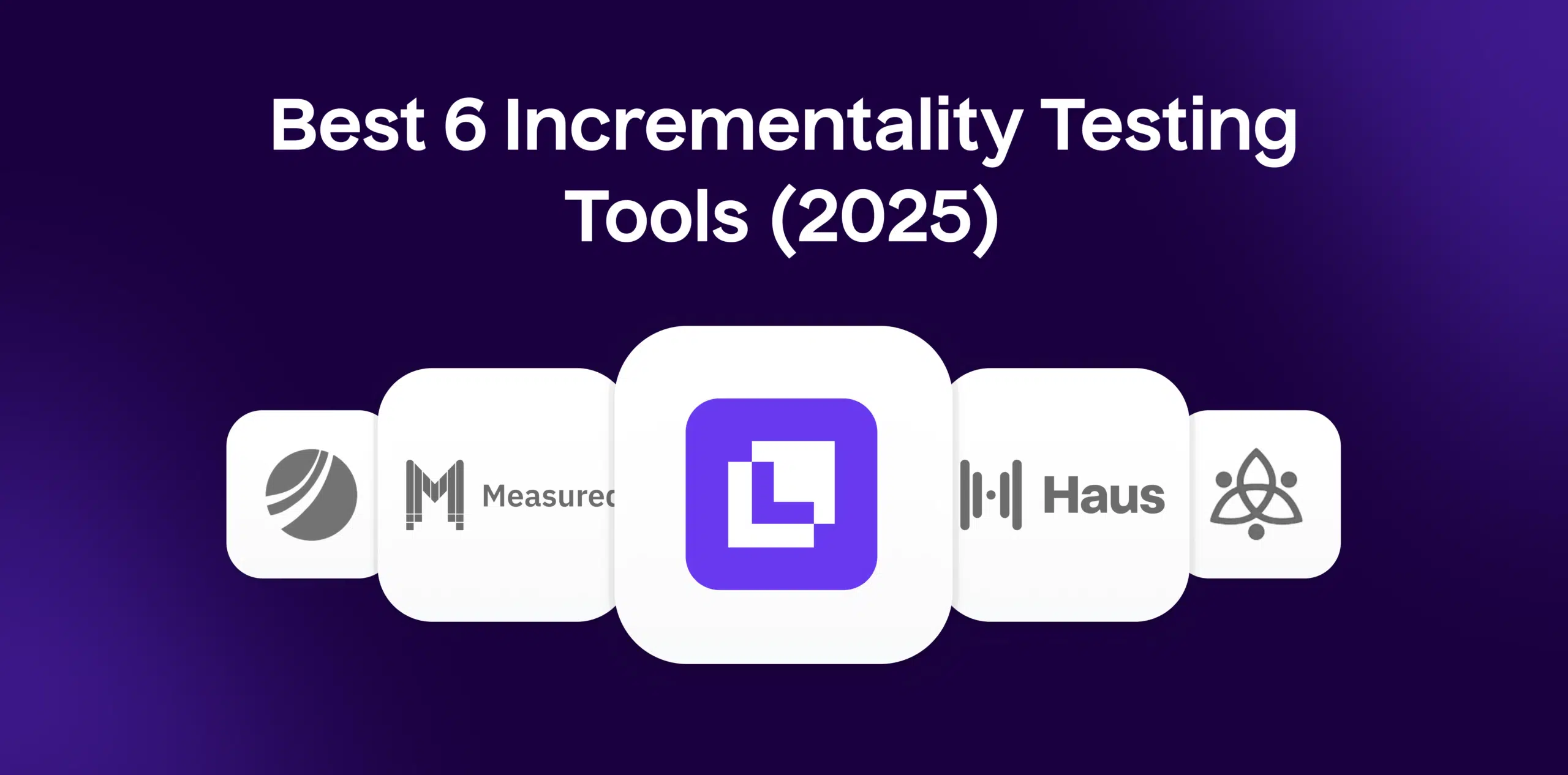What is Attribution Touchpoints?
Attribution Touchpoints refer to different stages or points in a customer’s buying journey where they interact with a brand or product prior to making a purchase decision. This could range from viewing an online advertisement, reading a product review, clicking a link in an email campaign, or visiting a physical store, among others. In marketing analytics, these touchpoints are crucial for understanding the path to purchase and the efficiency of different marketing channels.
Formula
Example
For instance, let’s consider a customer who bought a product via the following route: Visited the brand’s Instagram page after seeing a sponsored post, then read a blog post linked in the Instagram bio, received a promotional email the next day, and finally purchased the product from the brand’s online store. In this case, the Instagram post, blog post, email, and the online store each represent an Attribution Touchpoint.
Why is Attribution Touchpoints important?
Accurately tracking and analyzing Attribution Touchpoints is vital for marketers for several reasons. It helps identify which channels and marketing activities are driving conversions most effectively, allowing brands to allocate their marketing budgets more strategically. Monitoring Attribution Touchpoints can also provide valuable insights into customer behavior, preferences and buying journey, enabling marketers to refine their marketing strategies and interactions for improved customer engagement and higher conversions.
Which factors impact Attribution Touchpoints?
Improving attribution touchpoints involves enhancing each interaction a potential customer has with the brand, ensuring it provides value and steers them towards a purchase. This may involve targeted advertising, creating engaging content, implementing successful SEO strategies, personalized email marketing, and offering easy and responsive online shopping experiences. Regularly testing and refining these strategies based on their performance can lead to more effective touchpoints and hence boost conversions.
How can Attribution Touchpoints be improved?
Several factors can impact the effectiveness of Attribution Touchpoints. The quality of content and advertising, how personalized and relevant the marketing messages are, the ease of navigation on the brand’s website or online store, and the overall customer experience throughout the buying journey can greatly influence the success of Attribution Touchpoints.
What is Attribution Touchpoints’s relationship with other metrics?
Attribution Touchpoints correlate directly with several other ecommerce metrics. For example, high-performing touchpoints are often associated with higher conversion rates. They can also affect metrics like customer acquisition costs, with more effective touchpoints potentially reducing the cost of acquiring new customers. Additionally, Attribution Touchpoints can influence customer lifetime value; an improved buying journey can lead to increased trust in a brand, promoting repeat purchases and increased customer loyalty.
Free essential resources for success
Discover more from Lifesight














